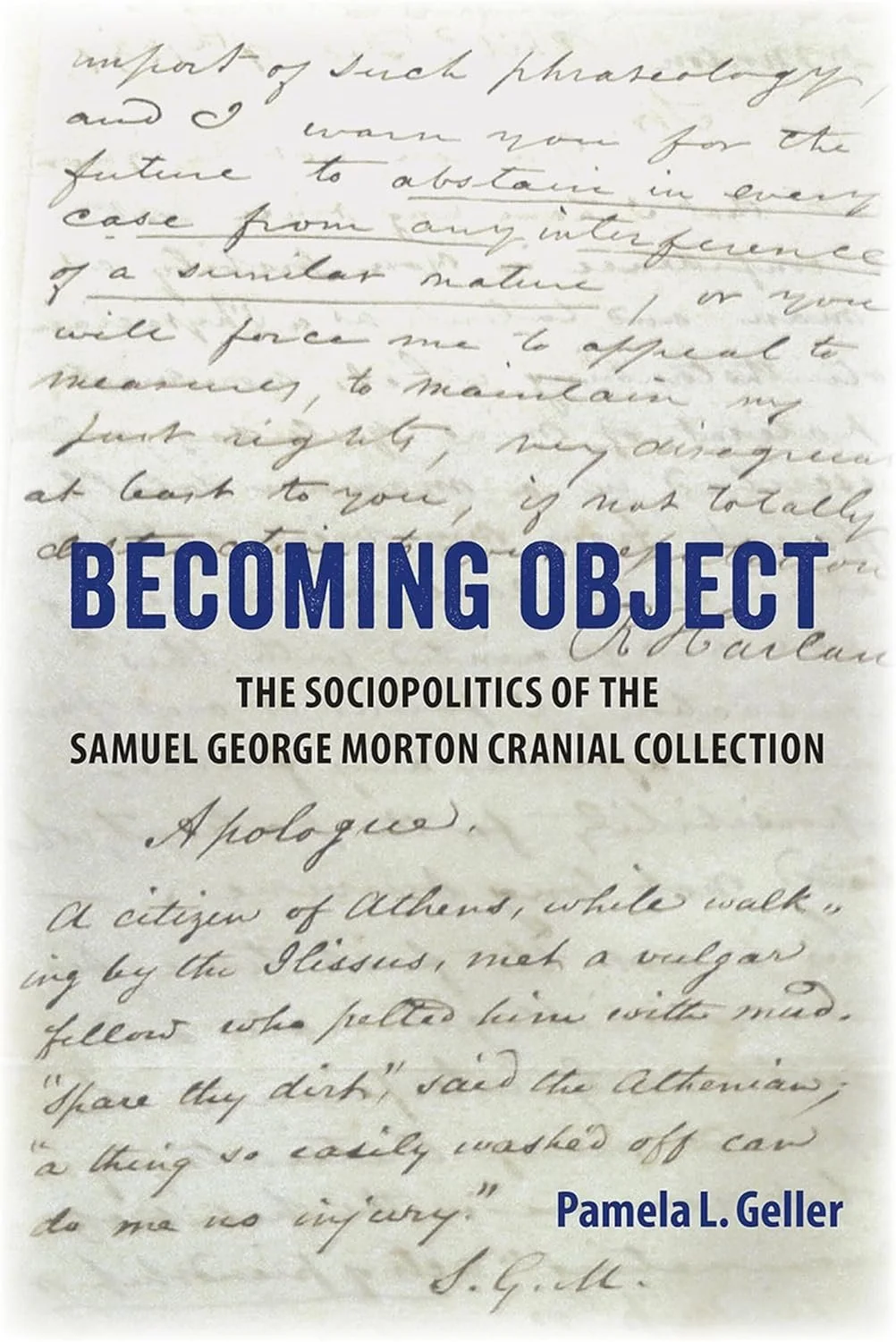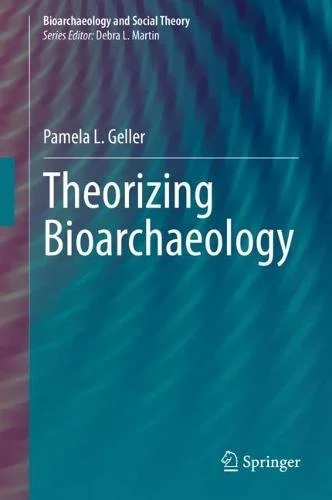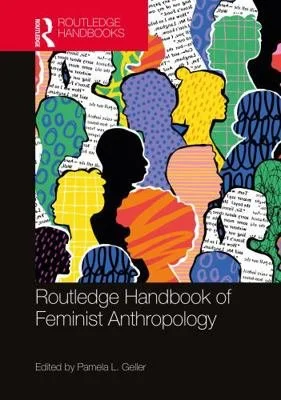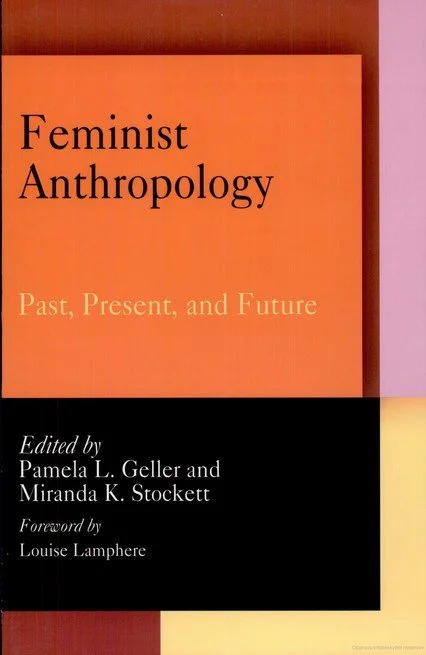academic writing
BOOKS
Becoming Object (2024) is a biohistoric investigation of the controversial Samuel George Morton Cranial Collection, the men of medicine and science who amassed it, and the interesting times in which they lived. The collection also serves as an entry point for documenting the heterogeneous lives excluded or erased from the American body politic as a result of violent nation-building in the 19th century.
“This is a text like no other in bioarchaeology, skeletal biology, and historical archaeology …To describe this book as rich and theoretically sophisticated would be an understatement…Becoming Object is not only an achievement in the biohistory of a single cranial collection, it is a textured portrait of 19th-century American violence and even brutality. This history should remain on the tips of our tongues when we speak of the birth of anthropology in the United States.” | Ann Kakaliouras, Historical Archaeology
Theorizing Bioarchaeology (2021) discusses and adapts critical social theorizing—about habitus, intersectionality, necropolitics, bioethos—to deepen bioarchaeological studies of plasticity, disease, gender, violence, and race and ethnicity. Geller grounds the often abstract with concrete examples to advance a more ethical bioarchaeology.
“…this is an excellent book. I expect it will be given the attention it deserves in every U.S. anthropology classroom in the coming years, where I believe it has the potential of reshaping the next generation of bioarchaeologists into becoming more engaged with critical theory.” | Liv Nilsson Stutz, American Journal of Biological Anthropology
The Bioarchaeology of Socio-Sexual Lives (2017) highlights a major shortcoming in many scholarly and popular presentations of sex, gender, and sexuality in the past. They reveal little about the ancient or historic group under study and much about Western society’s modern state of heteronormative affairs. To interrogate commonsensical thinking about socio-sexual identities and interactions, Geller draws from critical feminist and queer studies. She invites readers to think more deeply about humanity’s diversity, the naturalization of culture, and the past’s presentation in mass-media communications.
“Pamela Geller’s The Bioarchaeology of Socio-Sexual Lives: Queering Common Sense About Sex, Gender, and Sexuality represents a major advance for building, using, and applying contemporary gender and feminist theory in bioarchaeology.” | Molly Zuckerman, American Antiquity
EDITED VOLUMES
The Routledge Handbook of Feminist Anthropology (2025) is a comprehensive inter- and intradisciplinary survey of the field of feminist anthropology. It has at its core a focus on raising consciousness and communicating information about gender inequities, suffering, and precarity, as well as furthering a praxis informed by intersectionality, decolonial intent, and compassion.
“Unlike Western-centric frameworks and universalizing narratives, it [feminist anthropology] reveals the interplay between gender and power through reflexive fieldwork ethics, emphasises the fluidity of gender identities, and aims to advance gender equality and social justice. The Routledge Handbook of Feminist Anthropology which offers an inter- and intradisciplinary exploration of the field exemplifies these strengths.” | Tianyu Chen & Zhujun An, Critical Arts
The enduring contribution of Feminist Anthropology: Past, Present, and Future (2006) lies in its contributors' efforts to place their work within the larger context of social theory, while acknowledging and focusing on the realities of anthropological practice and politics.
“In all, this is a very readable and interesting survey of feminist anthropology with moments of brilliant insight.“ | Elizabeth Brumfiel, Choice
“Feminist Anthropology makes a significant contribution to a field that has been largely dominated by cultural approaches since the 1970s…This collection will undoubtedly spark productive and crucial dialogue about ensuring a future for feminist anthropology that will have lasting influence across the subfields.” | Christa Craven, Journal of Anthropological Research





